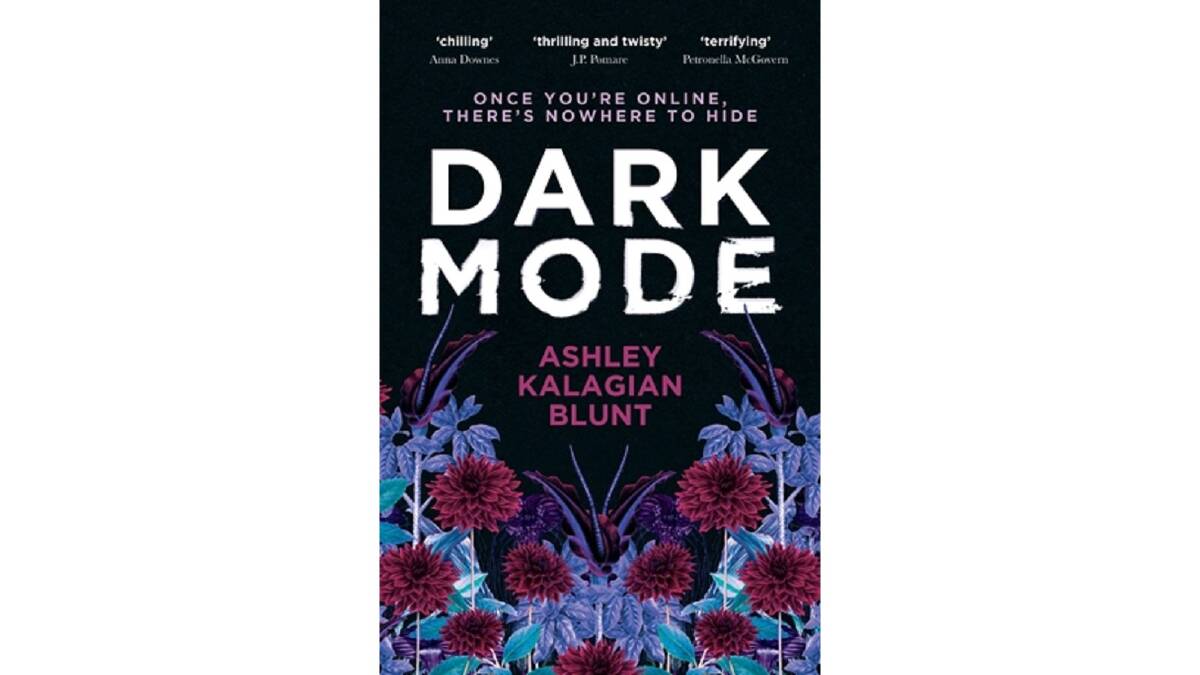
- Dark Mode, by Ashley Kalagian Blunt. Ultimo, $34.99
The main character in Ashley Kalagian Blunt's novel Dark Mode - late-20s Sydneysider Reagan Carsen - owns and runs a plant store. Psychologically scarred by a stalker when she was younger, her main defences these days are three locks on the door to her small apartment, constant vigilance, and "hiding" offline. It's 2017, but Reagan has no online presence. No Facebook, no Instagram, no Twitter.
Subscribe now for unlimited access.
or signup to continue reading
It will come as no surprise - at least not to anyone who has ever picked up a psychological thriller or noticed the popularity of true crime podcasts and Netflix shows about serial killers - that Reagan's defences are not enough. One day she stumbles upon a shocking murder in a laneway. The victim looks just like her.

Much as I like them, my mind always struggles to wrap itself around serial killer plots. Somehow they inevitably seem both terrifyingly plausible and wildly implausible at the same time. Plausible because yes, the most messed-up minds out there do seem to belong to serial killers, and they do in fact do some pretty messed-up things. Implausible because as a non-serial killer myself, it all just sounds a little too extreme. He did what? Why? But that's the reaction I have to real serial killers as well! So the authors must be doing something right.
And in Dark Mode, there's another, disturbingly true-to-life and sinister thread running through the narrative. In this one, Reagan - and the reader - start to wonder if they're going out of their mind. The victims look like Reagan, but do the serial killings actually have anything to do with her? Or is she just paranoid? Is her friend, the true-crime expert and author, actually on her side, or does she also think Reagan is being unreasonable? What about the cops? Who can be trusted?
Without giving anything away, I think I can admit to guessing who could not be trusted - but I still thoroughly enjoyed the disorienting twists and turns that brought us to the frightening conclusion. More than once, I distrusted my own memory, not just Reagan's, which was an unsettling experience - and very satisfying once all was revealed.
The other thing I really liked about this novel was the plants. We're told early on that Reagan had "envisioned her business as boutique, an individualised niche, but she'd had to surrender a disappointing amount of display space to plants even a child could identify". Reagan might be disappointed in her customers' tastes, but the plants she chooses to highlight in her story are exotic, enticing, often strangely twisted. These botanical quirks appear throughout Dark Mode like mica in granite, elevating this solid psychological thriller into a darkly sparkling gem. I recommend reading it - but maybe not while you're home alone.














